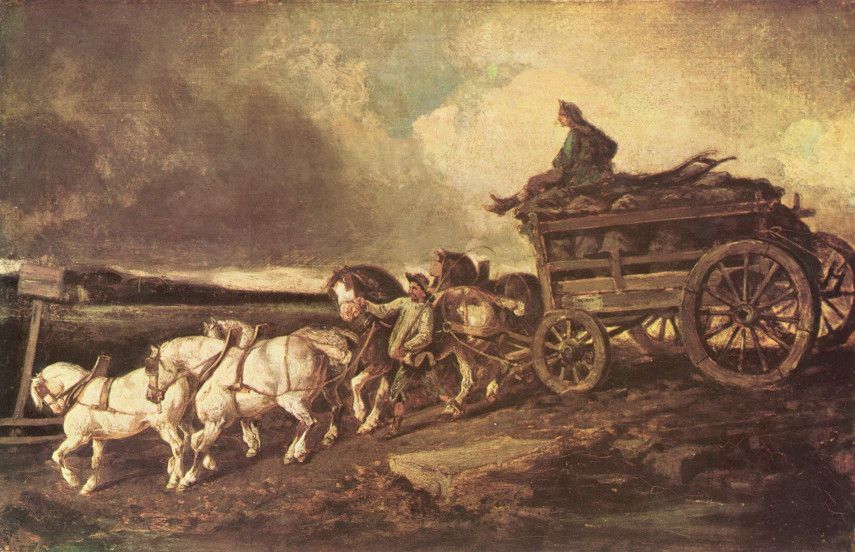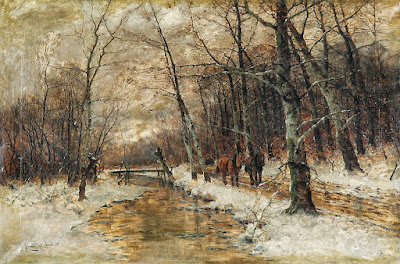I always felt Elementalists needed a little more help in D&D, so here's a basic spell for those folks to deal with, well, elementals.
Clever folk will notice that this is exactly the same spell as Command Undead, only for elementals. I have some notes on what I think about the spell below the picture in this post.
Command Elementals
Level: 1 to 6
Duration: One or more days
Range: 120'
This spell can be prepared in any level of spell slot, from 1 to 6. The higher the spell slot, the more powerful the effect.
The caster can attempt to control one or more elementals. Roll 2d6 on the Command Elemental table and compare to the HD of the targeted creature(s). If successful, roll 2d6 to determine the total HD of undead affected.
Affected elementals must obey the Elementalists every command if mindless. Intelligent elementals act as if as if under the command of a Charm Person spell. Intelligent elementals are aware of what is happening and may react accordingly once the spell wears off.
Subsequent castings of this spell override earlier ones, allowing Elementalists to wrest control of Elemental minions from one another.
 |
| Looks like some cute little fire elementals to me (Jakub Rebelka) (Who also did the sweet image at the top of the blog) |
Like I said, it's an exact copy of my Command Undead spell from earlier this month.
With the Command Undead it's just giving Magic-Users the ability to turn undead at the cost of a spell slot. Probably not too crazy, especially in a game where I'm taking out Clerics (and Paladins).
Now, however, I'm expanding that same ability to elementals who've never been subjected to this sort of "turning" ability which is probably risky. On one hand, it explains the "elementalist Magic-User with elemental minions" dungeon very well, which is good. On the other hand, it potentially trivializes elementals as enemies - especially if the PCs know what to expect and go all in on these spells.
I can see some ways to take the edge off a bit - through roleplaying (the elementals aren't clever in their obedience), through additional saves (every time a command is given, perhaps), or simply by saying each new casting cancels the effect of previous castings. Alternately, perhaps, once an effected elemental makes a save it will be immune to the spell for some period.
Ultimately, whether it's a terrible spell or not probably depends on the campaign and the players. I think I'll give it a go and see how it turns out.




.jpg)



